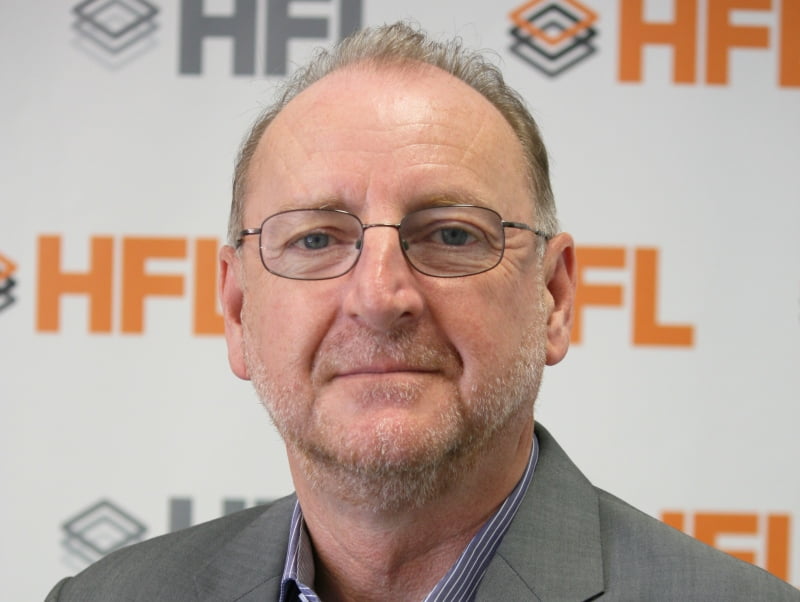At a time where the Australian government has tightened access to temporary skills visas and the country is facing a widening technical skills shortage, companies need to consider how their existing experts can help plug the problem.
In a typical workplace it’s common for individuals to go through management training as a means of career progression, but according to HFL Leadership chief executive Alistair Gordon, technical subject matter experts are being left being in the process.
He says technical subject matter experts often find themselves on career paths where they become more skilled in their subject, but without sight of any real career progression. Mr Gordon says this is a huge missed opportunity, particularly at time where companies are looking to innovate.

“Most organisations are not using subject matter experts to be innovative, strategic, forward-looking, or to help reinvent value propositions to get more customer focus. They’re not doing any of those things because they’re stuck doing grunt or repetitive work,” he said.
“But you see there are tech startups allowing their subject matter experts to flower.
“So there’s a huge productivity gain for large organisations if they start thinking more innovatively about the way they develop their subject matter experts.”
In a move to address the lack of recognition and training provided to technical subject matters experts, HFL Leadership has developed the Expertship model, which provides structured career path training for them to become a so-called “master expert”.
A large part of the Expertship model focuses on what typically are referred to as “soft skills” – stakeholder management and engagement, and consulting skills – which, according to Mr Gordon, technical experts often miss out on.
Unsurprisingly, some of the most affected by this are those in the technology sector. AON chief information officer Mark Smith knows this from first-hand experience after recognising that none of his team members had ever experienced non-technical training before.
“I was on a management course and thinking why it was only me that got to go on these courses? We were going through a cultural change, and I went around asking my team whether they have been on a non-technical training course and I couldn’t find one person.
“I also looked at the way they were engaging with each other; most of the time they called each other from their cubicles. That was when it dawned on me that developing their interpersonal skills on top of their technical skills was the key,” he said.
After putting his team through the Expertiship model, Mr Smith said the company saw “a big uptake in productivity”.
“We had a 13 per cent increase in engagement,” he said.
But the biggest problem, according to Mr Gordon, is getting the individuals to recognise they require training for new skills in the first place.
“If I asked a group of IT people, ‘what does the business want you to do?’ or ‘how do you know what the business wants you to do?’ they tell me they go and ask the business.
“But I ask them, ‘who is more of an expert – you or the business?’ And they tell me the business knows nothing. But you’re going to ask them what they want?
“You’re asking the wrong question. You should be asking customer-centric questions, not technology-based questions such as what do customers want in two, three, or four years and then imagine how technology can support that.
“It’s a total mind set change. They have to get ahead of the business in order to be able to deliver that.”
Mr Gordon, however, is optimistic that the next generation workforce will welcome the change.
“I think the new workforce is much more of a combination of technical brilliance and people skills than any generation previously. They recognise that. There’s no point in being great at relationships and not being able to operate Twitter,” he said.
“I think most of our audience I would say are 30 to 50 [years of age]. They have huge amount to offer in their organisations, way more than they currently are. Their productivity gain is significant.
“More importantly, it’s not about productivity. It’s about innovative ways of how do we accelerate reinventing the business,” he said
“Most large organisations have to reinvent themselves, and these are the people who will do it. It’s not the sales guys who will do it; it’s the technical subject matter experts.”
Do you know more? Contact James Riley via Email.

